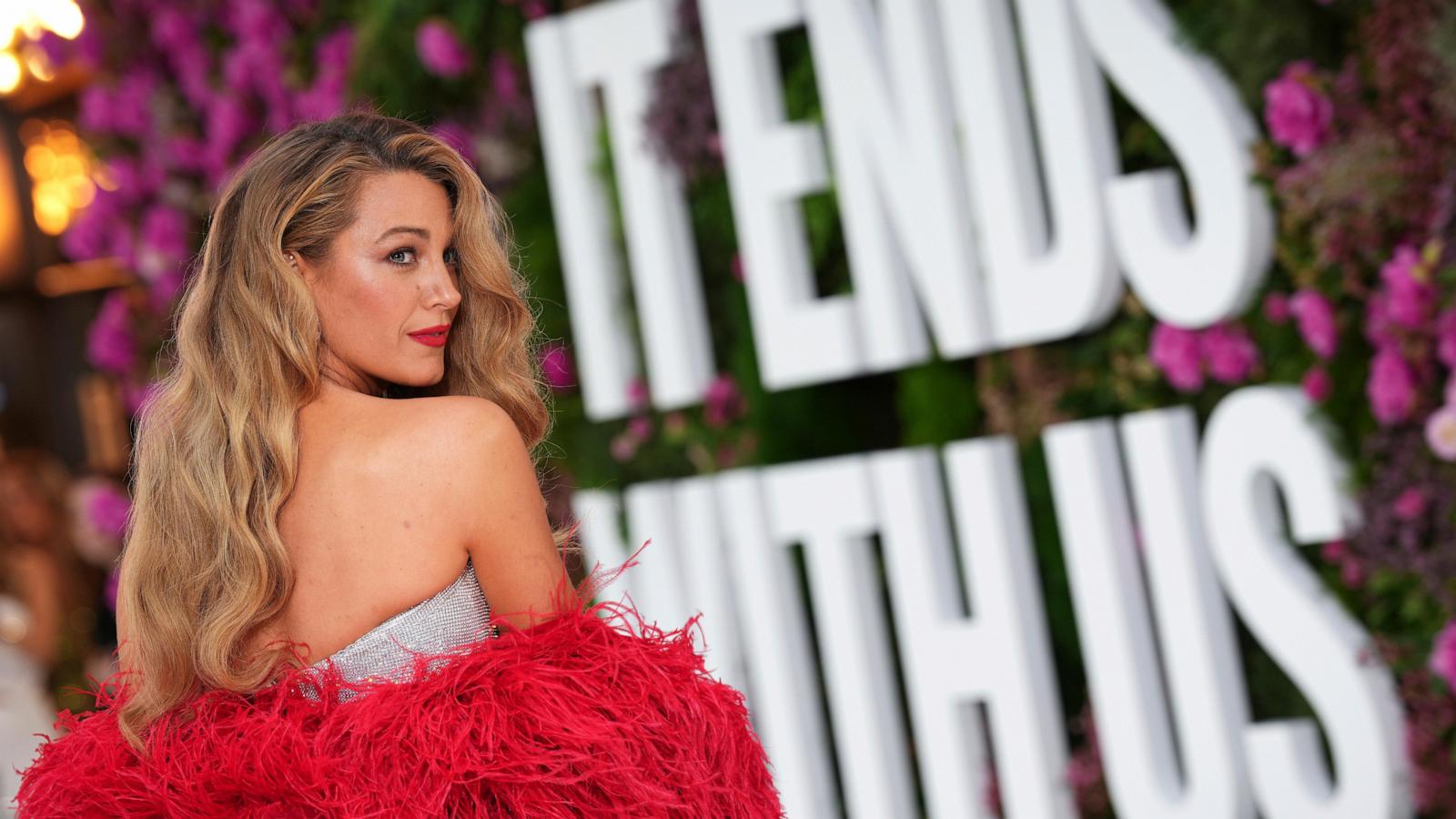Blake Lively's Bombshell Lawsuit Against Justin Baldoni: Hollywood's #MeToo Moment?
Get ready for a Hollywood showdown that's more dramatic than any movie! Blake Lively, the star of It Ends With Us, has filed a stunning lawsuit against director Justin Baldoni and others, alleging harassment and a vicious smear campaign. This isn't your typical celebrity feud; it's a full-blown legal battle exposing serious allegations of sexual harassment and retaliation within the entertainment industry, creating shockwaves that extend far beyond the film itself. What shocking details emerged? Read on to find out!
The Shocking Allegations: More Than Just a Movie Set Feud
Lively's lawsuit paints a disturbing picture of the behind-the-scenes culture on the set of It Ends With Us. It details shocking allegations of repeated sexual harassment by Baldoni and producer Jamey Heath. The suit alleges comments about the bodies of Lively and other women, discussions of their personal sexual experiences and porn addictions, and pressure on Lively to divulge intimate details about her personal life. These claims have sent ripples through Hollywood, sparking widespread concern about the safety and well-being of female actors.
The alleged Retaliation: A Hollywood Smear Campaign?
The lawsuit further alleges that after Lively and her husband, Ryan Reynolds, addressed the alleged misconduct, Baldoni and Wayfarer Studios launched a calculated smear campaign to silence her. This alleged scheme involved planting negative narratives on online message boards, orchestrating a coordinated social media attack, and influencing media stories to damage Lively's reputation. This targeted campaign speaks volumes about the power dynamics within Hollywood and the lengths to which some will go to protect themselves.
Baldoni and Wayfarer's Countersuit and The New York Times
Baldoni and others preemptively sued the New York Times, seeking $250 million for an article detailing Lively's claims, and calling the publication's reporting "completely false, outrageous, and intentionally salacious." This countersuit raises the stakes even higher in a battle of competing narratives, leaving the public caught in the middle and creating uncertainty about the real story.
A battle of He-Said, She-Said
The New York Times stands by its reporting, claiming their story was meticulously researched, based on evidence including text messages and emails. This highlights a central conflict – a classic he-said, she-said scenario, amplifying the need for a comprehensive investigation into Lively's claims.
The Fallout: What Does this Mean for Hollywood?
This explosive legal battle is a profound reflection of broader power imbalances within the entertainment industry. It fuels existing debates surrounding sexual harassment and the treatment of women in Hollywood. Lively's accusations have given voice to other women's concerns, generating calls for more stringent safety measures on film sets. This legal drama could potentially lead to significant changes to industry practices.
Lasting Impact and Lessons Learned
The legal battle between Lively, Baldoni, and the New York Times will continue, with many unknowns. But irrespective of its legal conclusion, this high-profile dispute will have lasting ramifications. This controversy serves as a powerful illustration of the vulnerabilities faced by women in high-powered workplaces. It could spark crucial industry-wide conversations around accountability, the importance of addressing harassment issues seriously, and building cultures of support for victims.
Take Away Points
- Blake Lively's lawsuit against Justin Baldoni is far more than a celebrity spat; it sheds light on disturbing alleged behavior on set.
- Allegations include sexual harassment, pressure to divulge intimate details and retaliation via a deliberate smear campaign.
- Baldoni's countersuit against the New York Times complicates the narrative, creating a high-stakes clash of accusations.
- This case is not just a personal conflict, it also is forcing important discussion of accountability, workplace harassment and culture change within Hollywood.




